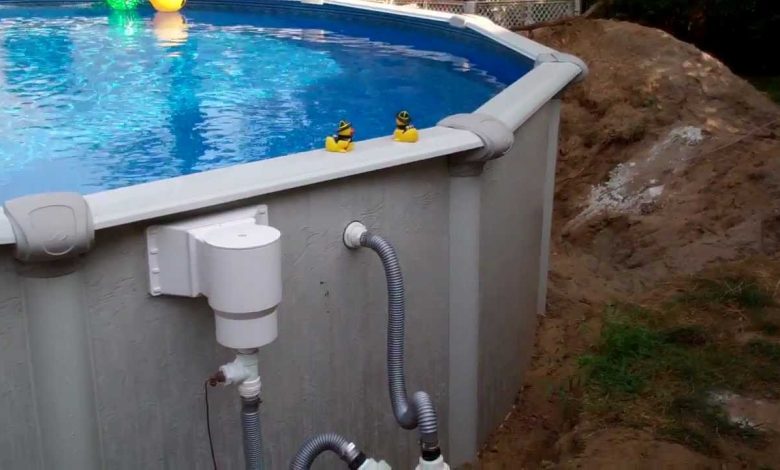Everything You Need To Know About Electrical Codes For Inground And Above Ground Pools

While many homeowners love having an in ground pool, they’re sometimes faced with the decision of whether or not to install an above ground pool. You may be wondering how the electrical codes for your above ground pool will differ from that of an in ground pool. In this article, find out everything you need to know about the electrical codes for your above ground pool.
What is an above ground pool?
An above ground pool is a pool that is located on the ground. This type of pool is typically larger than an in-ground pool and can be more expensive to install. Discover does polyester stretch?
What are the electrical codes for an above ground pool?
There are a few specific codes that govern the electrical requirements for an above ground pool. These codes vary depending on the country in which the pool is located, but most require that the pool have a generator and a transformer to provide power to the pumps and lights. In addition, many codes require that there be two separate wiring systems for the pool: one for the generators and one for the lights.
Code Requirements:
There are specific electrical codes that need to be followed when installing an in-ground or above-ground pool. These codes can vary depending on the area in which you live, but generally speaking there are a few things you should keep in mind.
First and foremost, you’ll need to make sure that your pool is properly wired for safety. This means having a licensed electrician install all of the necessary wiring and connectors. You’ll also want to make sure that your pool’s cover is properly sealed and fitted so that water cannot escape and injure anyone who falls into the pool. Finally, make sure to follow all of the specific installation guidelines outlined by your local code enforcement agency. Do you know how much does a cast iron tub weigh?
Electrical Connectors
The following is a general guide to understanding pool wiring and electrical codes. Please keep in mind that electrical codes vary from state to state, so please consult your local code authority for details specific to your pool installation.
Pool wiring should be designed by an accredited electrician. Pool wiring should be installed by a qualified electrician. Pool wiring must meet the requirements of the National Electrical Code (NEC).
Pool wiring can consist of three types of circuits: hot, neutral, and ground. Pool wiring must use a grounding conductor if it enters or leaves the pool area.
Hot wires run from the pool pump(s) to the filaments in each light fixture. Neutral wires run from one light fixture to another and are used for both hot and neutral circuits. Ground wires run from one piece of equipment to another and provide a common connection for all circuits in the pool area.
Nesting Requirements
When it comes to installing an in-ground or above-ground pool, it’s important to understand the electrical codes that apply. There are a few specific requirements you need to know about if you want to keep your pool safe and in compliance with code. Here is everything you need to know about electrical codes for pools:
1. All pool enclosures must be grounded. This means that the enclosure must have a metal ground electrode attached to the fence or deck and connected to the house wiring.
2. All pool equipment must be properly wired and labeled. Your pool’s pump, filters, heaters and lights should all be wired directly into your home’s electrical system using proper connectors and cables. Make sure all labels are legible and installed in a visible location.
3. You must have a swimming pool safety guard present at all times when children are in the pool. Guards should be able to prevent children from entering the water if they fall out of the pool, get stuck under the water or become entangled in any of the moving parts of the pool enclosure.
4. You must have a functioning alarm system installed on property that contains a swimming pool. Al arms should be audible or visible and should activate in the event of a child falling into the pool.
5. You must have a two-sided safety sign on property that contains a swimming pool advising children under 12 years of age not to enter, swim in or play near the pool without adult supervision.
6. You may only use plastic or vinyl pool covers over swimming pools when appropriateness is not compromised by surrounding weather conditions, e.g., heavy rain, ice, snow or high wind conditions.


